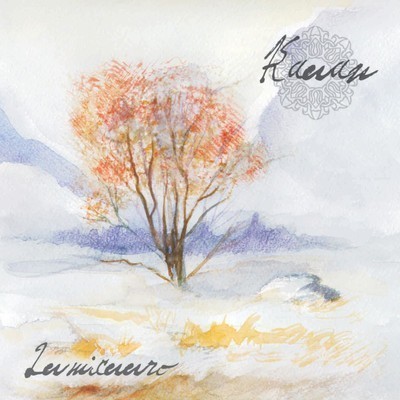Kauan presents its debut eclectic album which has incorporated such different styles as dark-folk, black-metal and doom-metal. In "Lumikuuro" it is possible to find echoes of Shape Of Despair music ( “Shades Of …” period), Agalloch, early Empyrium and Tenhi. The album is based on the lyrics written in Finnish language.
Tracklist:
1 Alku
2 Aamu Ja Kaste
3 Lumikuuro
4 Savu
5 Koivun Elama
6 Syleilyn Sumu
7 Villiruusu
8 Syleilyn Sumu (Acoustic)
Artist:
Kauan
Artist Country:
Russia
Album Year:
2007
Title:
Lumikuuro
Genre:
atmospheric dark metal
Format:
CD
Type:
CD Album
Package:
Jewel Case
Label:
BadMoodMan Music
Cat Num:
BMM. 004-07
Release Year:
2007
Country Of Manufacture:
Russia





















































